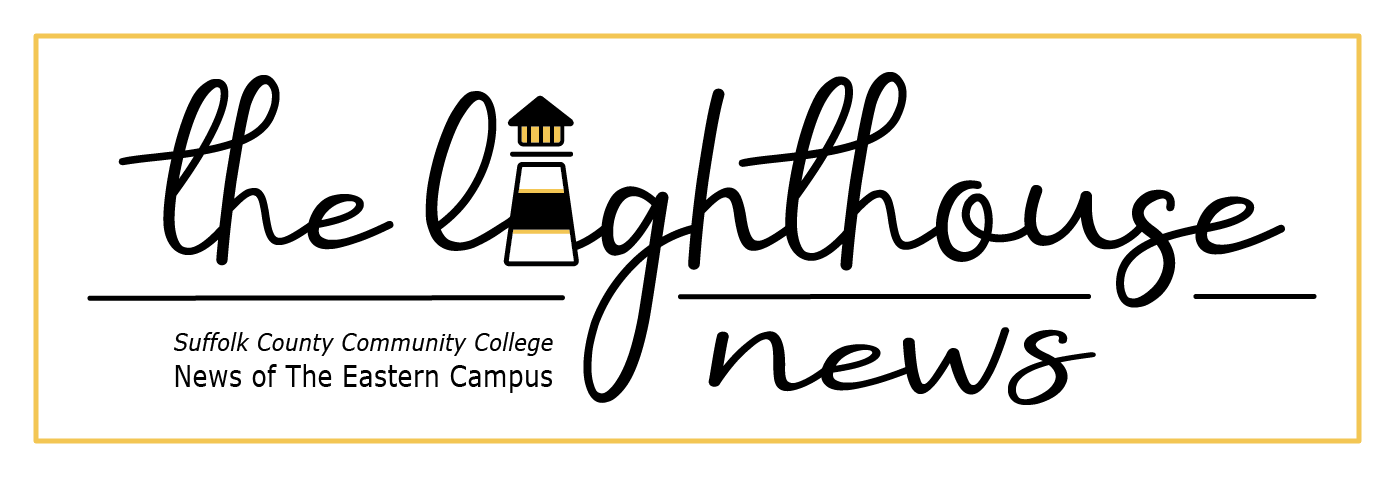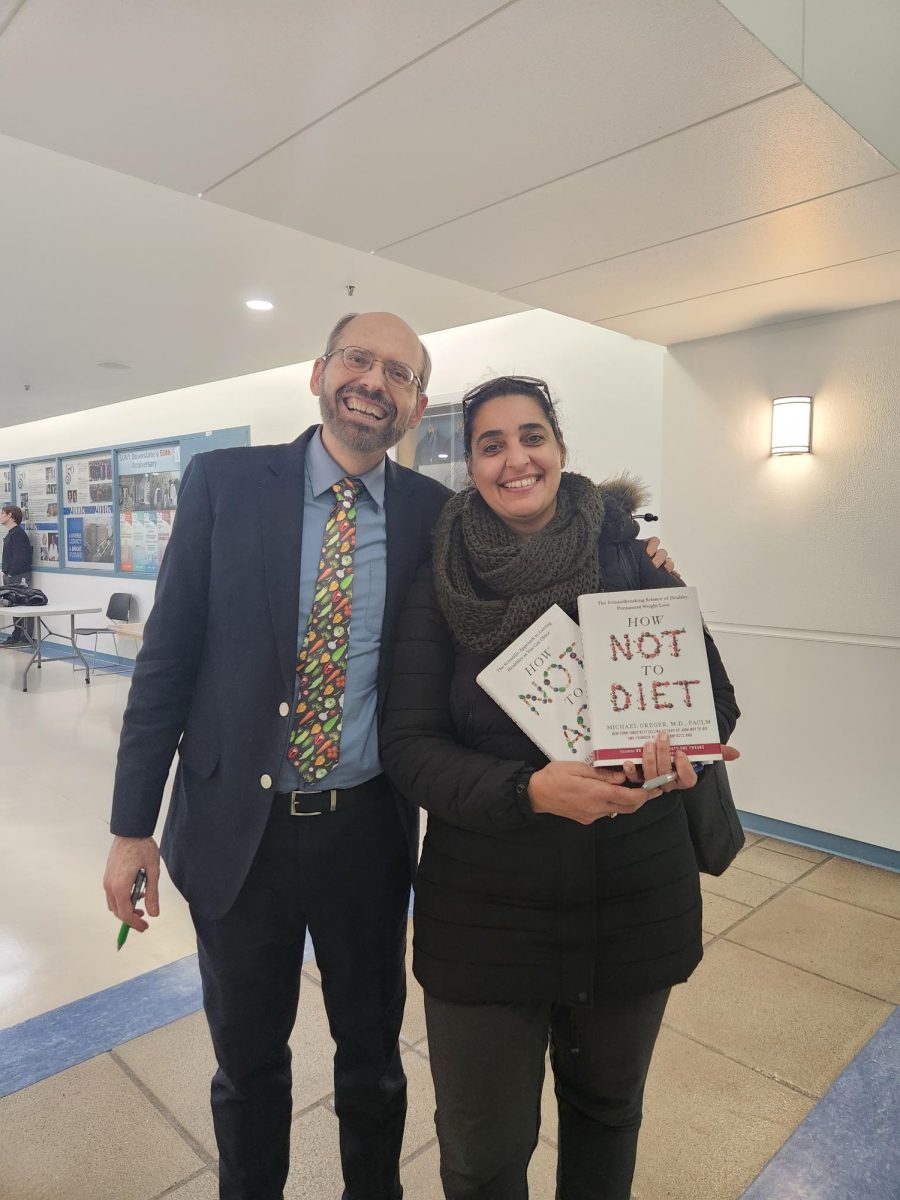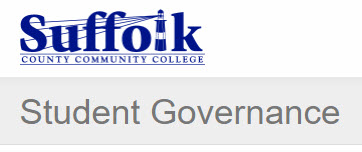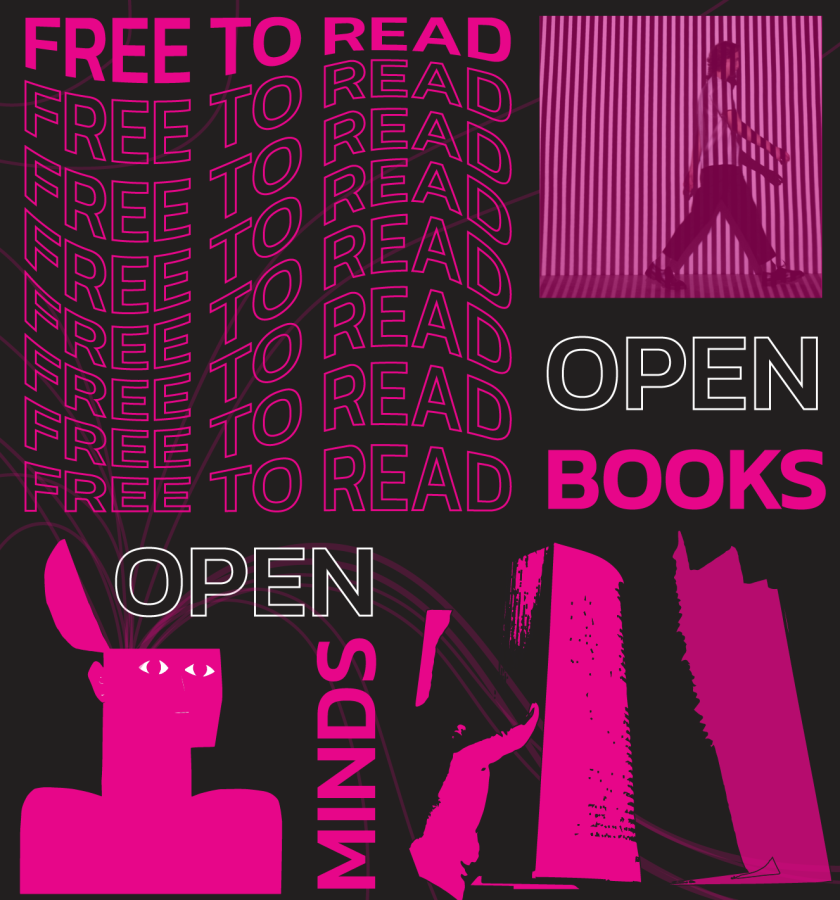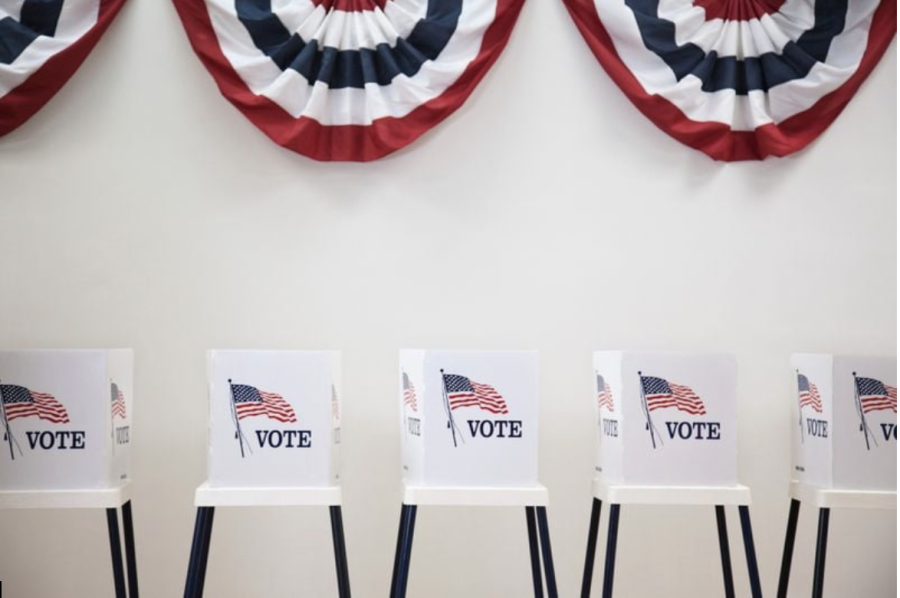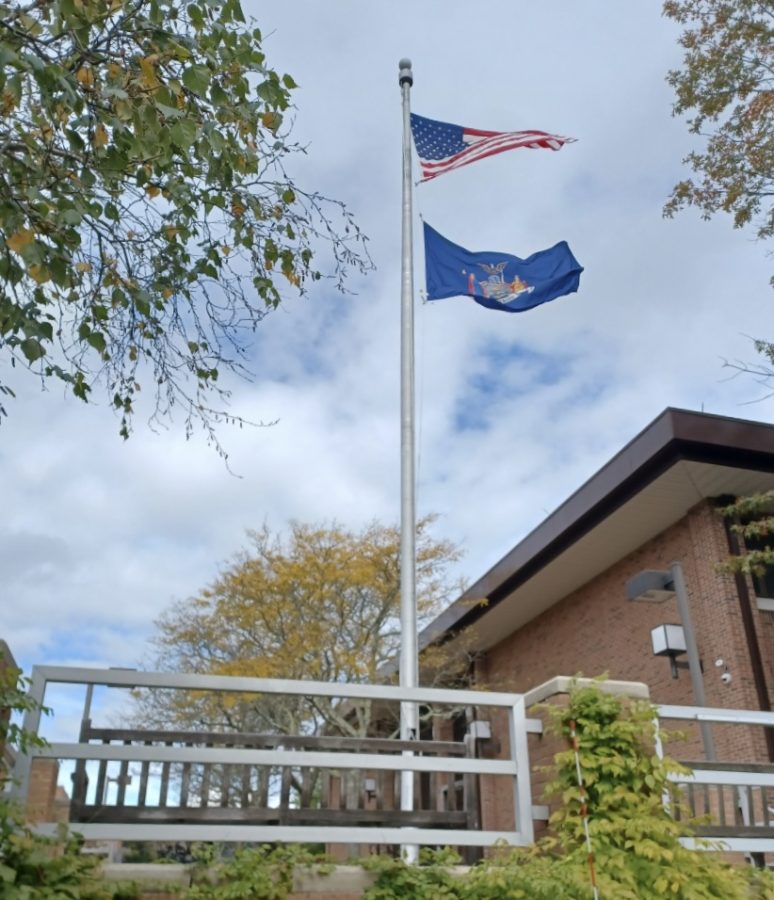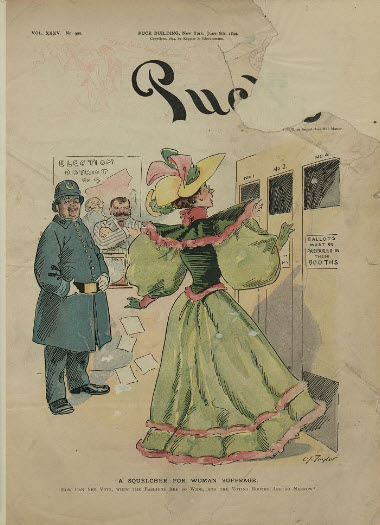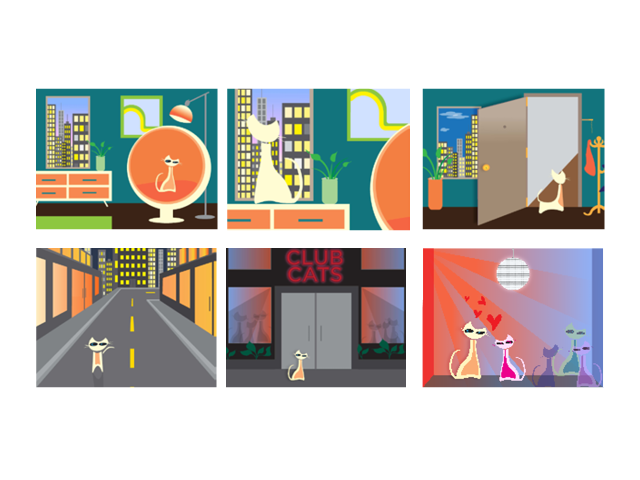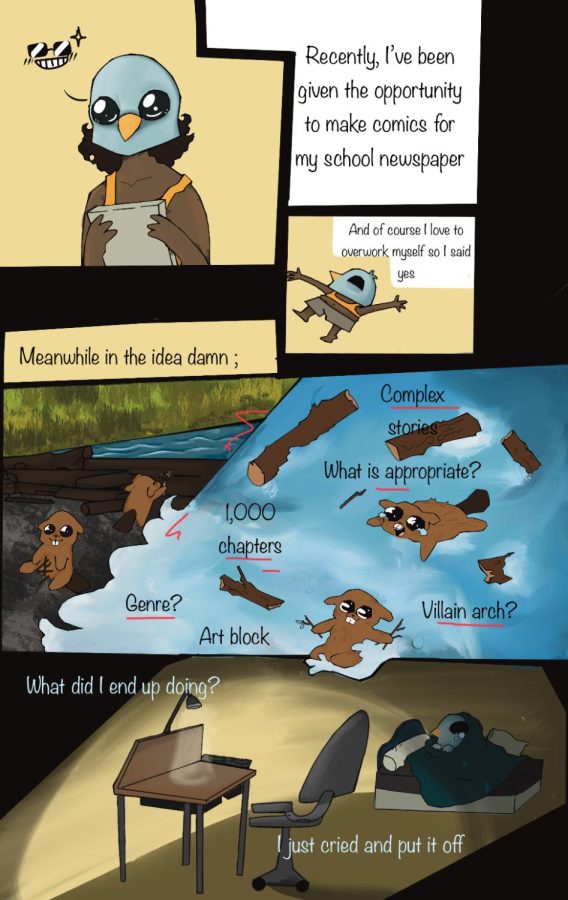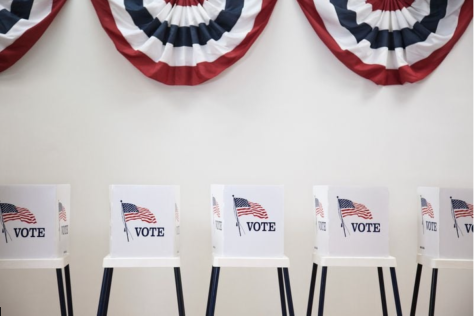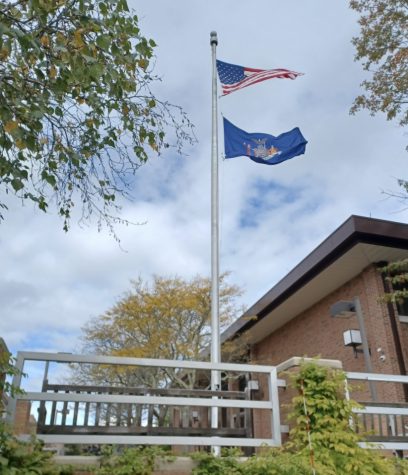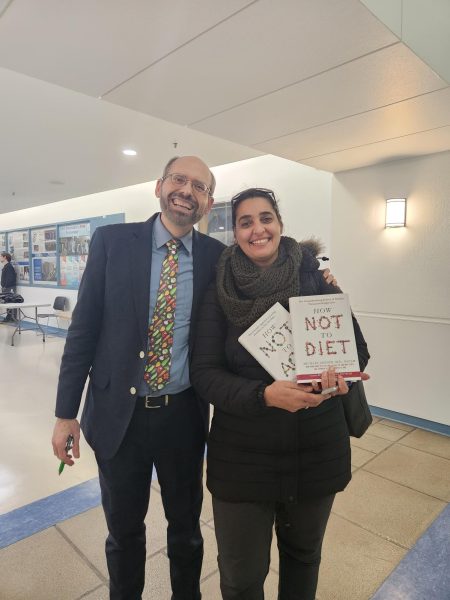Book Bans at an All-Time High
Book challenges and bans in school and public libraries nationwide are at an all-time high. Conservative politicians and activists have curated and disseminated lists of books they consider harmful to children. These books include those about the LGBTQ+ community, comprehensive sex education, and race/racism.
According to an American Library Association report, only eight months into 2022, the number of reported bans and challenges has exceeded the total number from 2021. PEN America, a literary organization, reports that 9 months into 2022, there have been 1,586 reported instances of the removal of books from school and public libraries. The number of challenges and bans is likely much higher since not all cases are reported.
Parents and community members have been encouraged to advocate for the removal of books about LGBTQ+ lives and race/racism en masse, representing a major shift from the previously more common practice of titles being targeted individually. Some school administrators are preemptively removing titles to avoid controversy. This has created a chilly climate for teachers, librarians, administrators, and school board members who feel that developmentally-appropriate books on these topics are beneficial to children and young adults. Learning is also affected when books are removed wholesale based on perceived content.
One of the most commonly banned titles is the young adult graphic novel Gender Queer by Maia Kobabe. This memoir documents Kobabe’s personal journey into understanding their gender identity and sexual orientation.
Librarians and teachers who advocate for the inclusion of books representing LGBTQ+ lives and content have been persecuted on social media by politicians, school board members, and parents, and misrepresented as “groomers,” “pedophiles,” and “pornographers.” Educators who utilize books about Black lives in their curricula have been accused of attempting to make white students uncomfortable and have been inaccurately accused of teaching Critical Race Theory, a concept banned in some states, such as Oklahoma.
The Smithtown Public Libraries Board of Trustees voted this summer to take down Pride displays in the children’s sections of Smithtown Public Libraries and to restrict access to LGBTQ+ content. After a widespread public outcry and Governor Hochul’s directive to the New York State Division of Human Rights to investigate, the Board reversed its decision. But similar bans have been enacted across Long Island and the state at other public and school libraries, including Connetquot School District, which banned the display of pride flags in its schools, labeling them “political speech.”
In October, the SCCC LGBTQ+ Task Force and the College Seminar Service Learning Committee co-sponsored a panel discussion on this problem in order to bring awareness. Panelists included Carolyn Foote, a retired Texas librarian who co-founded the anti-censorship organization FReadom Fighters; Jen Cousins, a community activist who helped found the Florida Freedom to Read Project; and Pennsylvania high school teacher Ben Hodges and student Renee Ellis, who founded an anti-racist school club to protest, among other things, the banning of books about racism and anti-racism in their school district.
